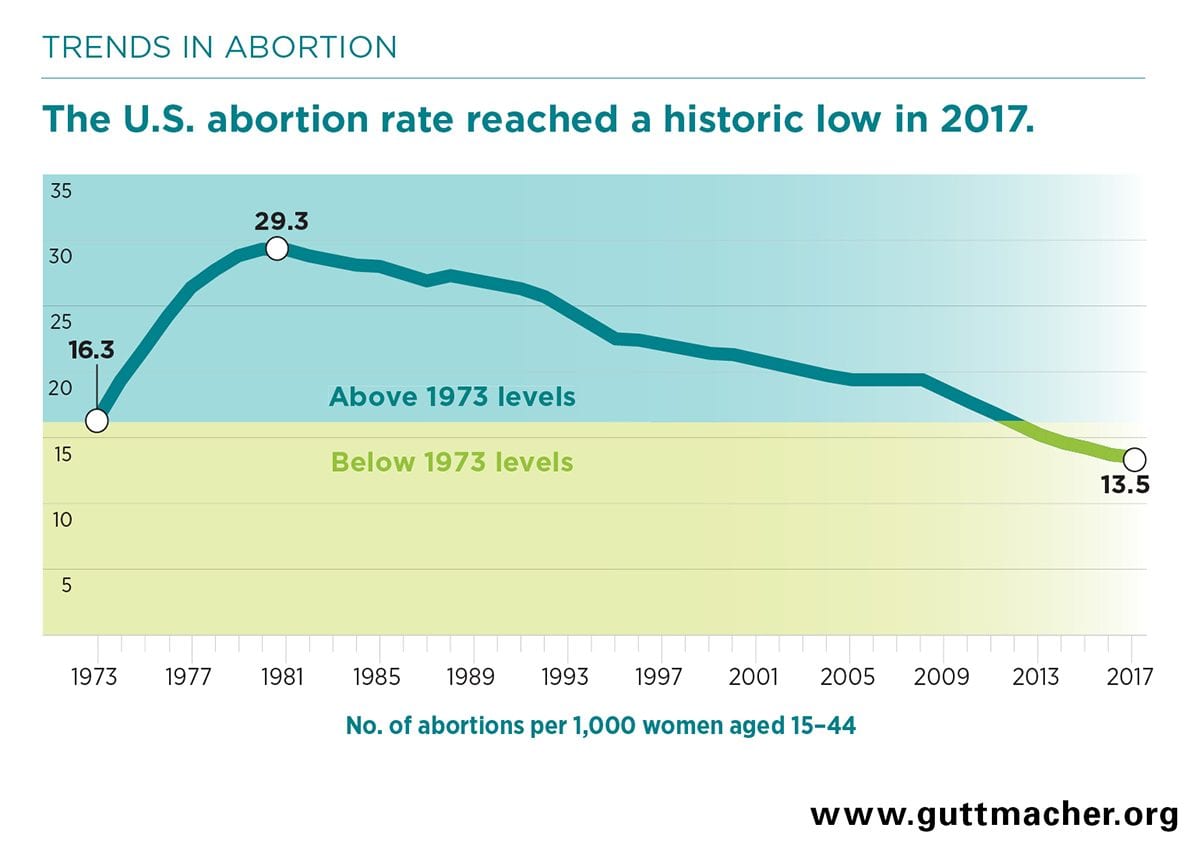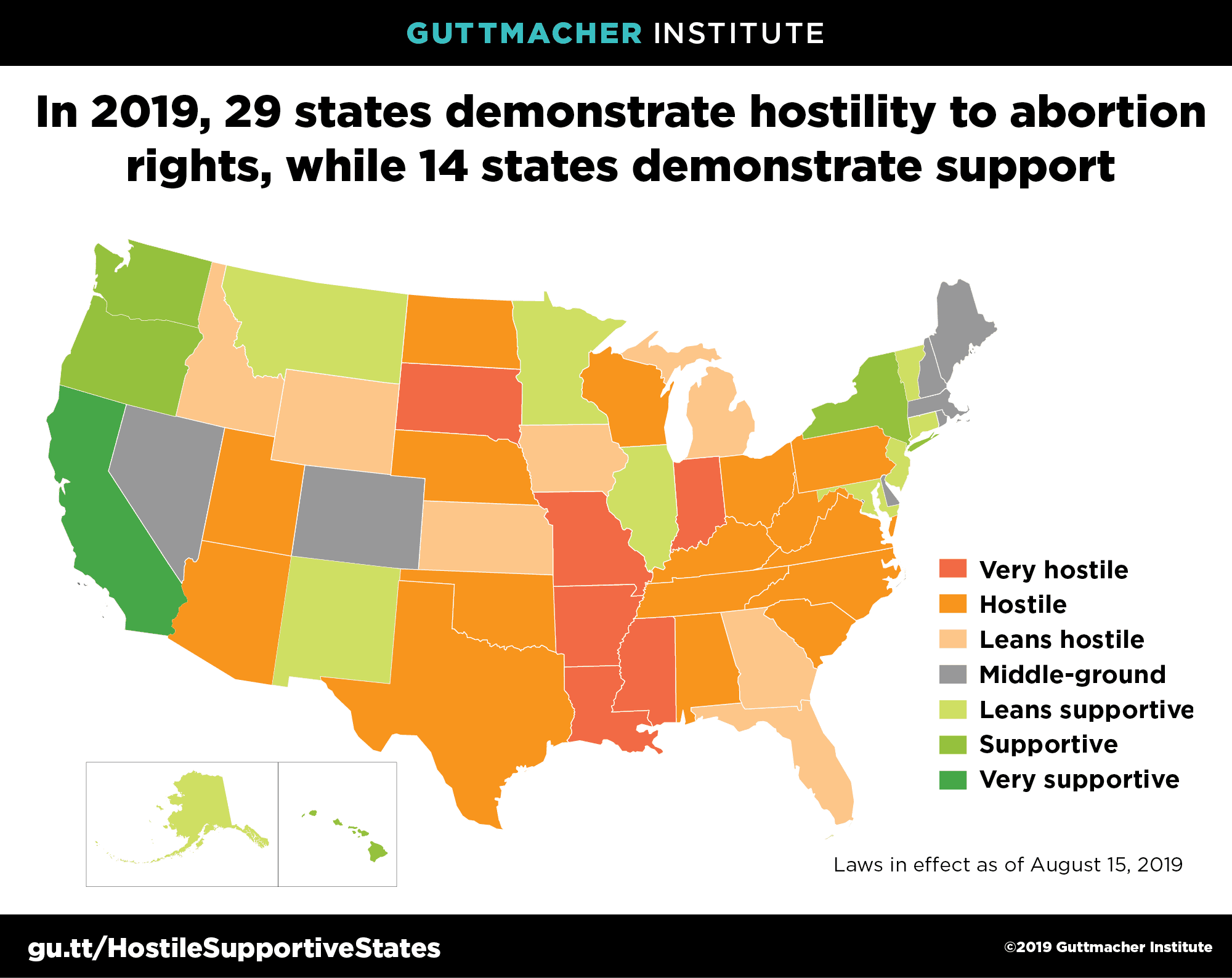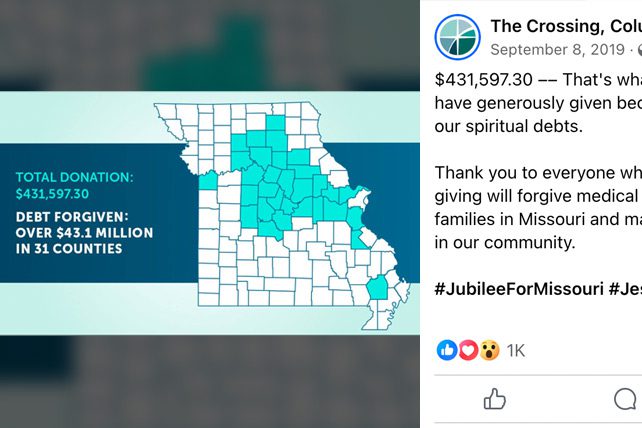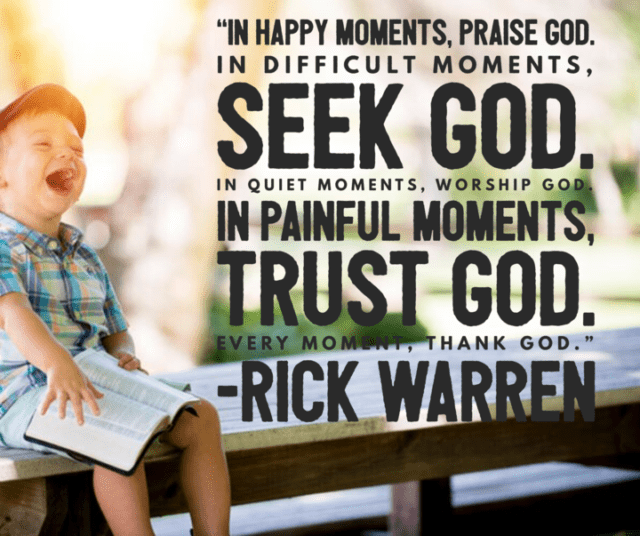Being a pastor is a hard job, but I think it can also be the best job. As a pastor, I have had the privilege of being invited into the most sacred, intimate moments of people’s lives. When a baby is born, I get to be there. When a man and woman recite their wedding vows, I get to officiate in front of their closest family members and friends. When someone is dying—a man, woman, or child—I get to be there also. While each intimate event has its special features, the one that speaks to me most about God, humanity, and the meaning of everything, is the one that includes a deathbed.
I am welcomed to the deathbed because of my role—to shepherd, comfort, pray and speak words of life to people in their final days. But these dear ones rarely see that almost always, I am the one who ends up being pastored, comforted, and instructed the most about God, humanity, and the meaning of everything, by them.
THE LONG GOODBYE WITH THE DEATHBED
As I write this, I am aware of the clock. My own mother, slowly but certainly, is fading away from the evil that is Alzheimer’s. We visited her again last weekend in the south Georgia assisted living home where she will finish her days. This time was different. This time, and for the first time, she didn’t recognize us. She no longer knows my name. I, her son of fifty one years, am as a stranger to her. Strangely familiar, yet a stranger.
As I have watched Mom struggle with cognitive decline for several years now, I am filled with sadness and anger, two emotions that are also familiar to Jesus. Tears about Mom’s situation remind me of the tears Jesus cried over the loss of his friend Lazarus. Anger about her illness reminds me of how Jesus got angry at death—that unwelcome, invasive guest in the garden of God that eventually gets us all (John 11:28-37).
As I watch my parents suffer together, I am deeply moved. All the temporal things that we in the modern west tend to build our lives upon—the accumulation of wealth, material things, health, popularity, status, career success and the like—these things fade into the background to a place of lesser gravity and significance. In their stead comes an awareness of the things that really matter; things like love, conversation, laughter, eye contact, holding hands to the very end, the treasuring of every moment, and tear ducts—the release valve that our weeping God created to help us exhale our grief. Tears are our stake in the ground, our tender yet tenacious protest against things like death, mourning, sorrow and pain—things that we know intuitively are not supposed to be.
I am also deeply moved by my Dad, whom I have always known as a person of stubborn strength. But his strength has taken on a new form these days, one that reveals something truly heroic in the man who, up until recently, I had never seen cry. Dad’s tender tears over Mom have me a fresh glimpse into the image of God. God, in whose likeness Dad has been created, is a God who weeps over things gone wrong in his world, especially concerning those he loves. He is a tender God who takes no pleasure in sorrow, suffering or death. He is a God who comes alongside and assures us that he is there, and that we are never alone. Moreover, he is a God who suffered a voluntary death-blow, to save us from death’s ultimate and final sting and to assure us that he knows and has tasted death and sorrow firsthand. As we face our mortality, we now know that the immortal God did also. As we grieve the decline of those we love most deeply, we now know that God did also. God buried a Son, after all.
These days, Dad is giving me glimpses of true vulnerability, and a front row seat to observe what the best version of my him looks like. That best version is always when Mom is in the room. Dad’s tears in those moments are not a sign of weakness, but strength. The vulnerability of tears, and the admission of mortality that accompany those tears, is a sign of true greatness.
Dad rarely leaves Mom’s side these days. He is fully present with her, and he is fully present for her. His days are devoted to her, even as her memory of him fades also. His response to a disappearing bride—to the cruel and cosmic experience that families like ours call “the long goodbye”—is to tell corny jokes that make her laugh. He holds her hand…a lot. He helps her with her hair and speaks tenderly, always tenderly, to her. These days, I catch myself looking at my Dad and thinking, “This, when he is with her, being there for her, has made him into the best man I’ve seen him be.”
His valiant tears, much more than any strength or success may have been there prior, are what make me want to be a better man.
DYING AND BEREAVEMENT DONE IN GOD’S STRENGTH
I have also had the privilege, many times over, of walking closely with Christians in their final days. One such person was Billy.
Billy was 35 years old when he was diagnosed with terminal cancer. For a few short months, I watched this loving husband and father of two wither away from the evil that had taken residence inside his lungs. When Billy was close to the end, I went to his home for a pastoral visit, but he ended up pastoring me instead. “Scott, let’s talk about you this time,” he said. “How are you? How can I serve you? How can I be praying for you?”
There we sat, a dying man offering hope-filled prayers of love and life for his able-bodied pastor.
Soon after this, Billy died before my eyes. I still remember that sacred moment at his deathbed like it was yesterday. Friends and family, including his wife Shannon, surrounded his bed and sang him into glory with hymns like Great is Thy Faithfulness and It Is Well With My Soul. This was their not-so-subtle way of defying death, and stirring the imagination with reminders of what is true, even truer than the wreckage before their eyes. They were preaching the gospel to their own souls, reminding themselves and each other that there is a weight of glory that awaits them all—a weight that is so wonderful and certain that even the worst affliction will, in the end, seem light and momentary by comparison (2 Corinthians 4:7-18).
After Billy gave his final exhale, I retreated to the waiting room. Here, I would sit and wait for Shannon to emerge from his deathbed. I anticipated all of the appropriate responses from this youthful widow—tears, anger, questioning God, stress and sorrow about pending funeral logistics and raising two children alone. The emotional roller-coaster would come to her eventually. But in that brief moment, Shannon became to me a sign from heaven, an other-worldly creature, perhaps an angel of sorts. The first words she spoke as a grieving widow and single mother were, “Scott, how are you doing? Billy was your friend. How can I pray for you?”
As I walked to my car that day, I couldn’t help but think how unworthy I was to know people like Billy and Shannon and to be present at their deathbed.
There are also others. I could tell you about John, whose body literally wasted away from ALS in two short years, but who never grew cynical. Even on the hardest days, John was the most poised, prayerful and hopeful person in the room. Jesus and God’s promises of a new body and everlasting life, not his awful affliction, were John’s ultimate reality.
I could also tell you about Steven and Mary Beth, who once held a funeral for their young Maria—a horror that no parent should ever have to experience. Through their deepest sadness, these wounded warrior-heroes went on national television, along with their courageous children, to tell the whole world that death will not win. Because Jesus has risen and defeated death, there is a final chapter yet to be written in Maria’s story—the chapter in which, as Steven has said in a song written in Maria’s honor, “Beauty will rise! Beauty will rise! We will dance upon the ruins; we will see it with our own eyes!” Also in Maria’s honor, Steven and Mary Beth opened Maria’s House of Hope, a place of refuge for Chinese orphans with special needs. Many of these children, like their Maria, will be adopted into permanent families through Show Hope, the non-profit that they founded.
I could also tell you about David and Nancy, who lost not one child, but two. Their Gabriel and Hope both died in infancy due to a rare congenital disease. Years later, the tears are still there and the grief is still real. And like Steven and Mary Beth, David and Nancy are stewarding their tears in a way that brings hope to others. Each year they sponsor and lead a conference that brings comfort and hope to parents who, like them, have lost a child. Additionally, Nancy, a prolific author, has written several books that help thousands of people process their pain beneath the shelter of God’s sovereign mercy and love.
GREATNESS THROUGH SORROW
As I consider these and others who have shown faith, courage, other-centeredness, and even joy in the face of sorrow and death, I have noticed a common theme that describes all of them:
They are all people who have, for years, leaned heavily on the Bible.
If you poke Billy or John with a needle, they will bleed Old and New Testament. When I asked both of them how they could live with such other-centeredness and other-worldly joy in their darkest hour, both said that they had read Scripture almost daily for years, and Scripture’s promises had prepared them for the hardest days. David and Nancy, Steven and Mary Beth, and many others would agree: Their refuge in the valley of the shadow of death is nothing more—and certainly nothing less—than God’s Bible promises about the future of everything, including promises like this one:
“Behold, the dwelling place of God is with man. He will dwell with them, and they will be his people, and God himself will be with them as their God. He will wipe away every tear from their eyes, and death shall be no more, neither shall there be mourning, nor crying, nor pain anymore, for the former things have passed away…Behold, I am making all things new” (Revelation 21:1-5).
In a strange way, I think those who lean heavily on the Bible are like the Olympic lifter who shows up at the gym every day for his workout. The unseen, daily, faithful routine—the crunches, squats, bench and shoulder presses, the bicep curls—these are his preparation for the day of heavy lifting when it finally comes. On that day, with all of his might, he lifts. He sweats, grunts and groans with all of creation. At moments, he doubts he will be able to find the strength to press through. But in the end, he overcomes. In the end, he wins the gold.
For us Christians, the daily workout is one of mind and heart. Instead of treadmills, iron plates and weight benches, our best equipment consists of a receptive heart, a belief that God is sovereign, wise, and good, and a well-worn Bible. And our final piece of equipment is the doubter’s prayer, the weighty prayer that must be “lifted” whenever she is tempted to follow her doubts and fears above what God has promised: “Lord, I believe! Help my unbelief!” (Isaiah 55:8-9; Mark 9:23-25)
God’s promise is truly breathtaking, and is best summed up by CS Lewis, who said that for believers in Jesus, heaven will work backwards and turn even agony into glory. Or, as Lewis’ close friend Tolkein hinted, in the next world, everything sad is going to come untrue.
One person who knew this future reality well, and who believed it all the way down to her bones, was Kara Tippetts—wife of Colorado pastor Jason Tippetts and mother of four—who died of breast cancer in her late thirties. Kara, knowing that her own death was imminent, wrote these words toward the end, an end which was also—if these promises of God are true—a glorious new beginning:
“My little body has grown tired of battle, and treatment is no longer helping. But what I see, what I know, what I have is Jesus. He has still given me breath, and with it I pray I would live well and fade well. By degrees doing both, living and dying, as I have moments left to live. I get to draw my people close, kiss them and tenderly speak love over their lives. I get to pray into eternity my hopes and fears…I get to laugh and cry and wonder over Heaven. I do not feel like I have the courage for this journey, but I have Jesus—and He will provide. He has given me so much to be grateful for, and that gratitude, that wondering over His love, will cover us all. And it will carry us—carry us in ways we cannot comprehend.”
This article about the deathbed originally appeared here.




















